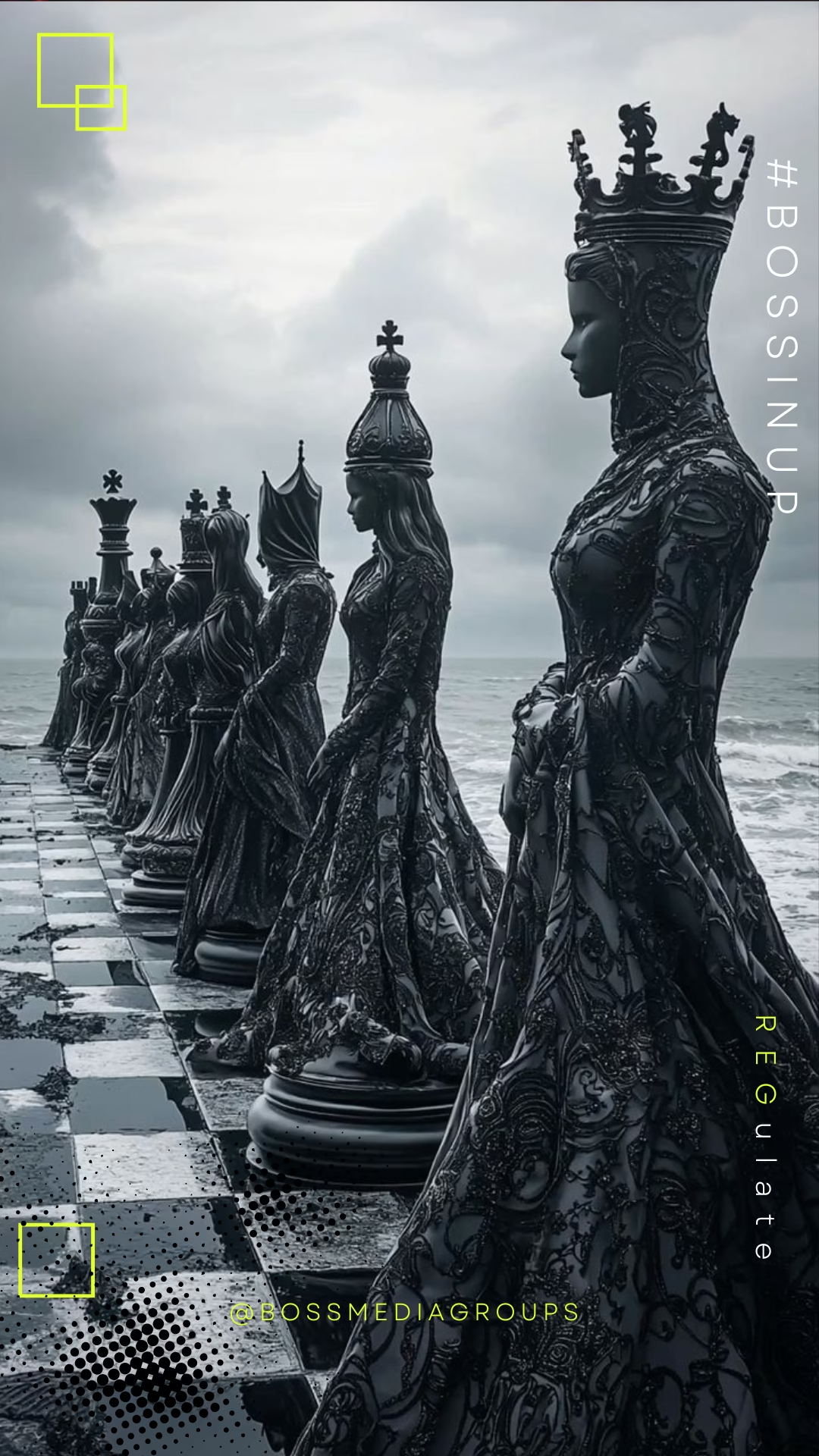
The Role of Music Managers: Why Artists Should Never Be the First Point of Contact
The Role of Music Managers
Artists Should Never Be the First Point of Contact... Periodt
In today’s fast-paced music industry, where branding, touring, digital presence, and business deals move in constant motion, the role of a manager is no longer optional, it’s essential. Managers are the backbone of an artist’s business infrastructure, providing a necessary shield between creativity and chaos.
For independent and signed artists alike, having a manager isn’t just about having someone to take phone calls or negotiate deals, it’s about protecting the art, the brand, and the mental peace that allows true artistry to thrive.
The Manager’s Real Job: More Than Scheduling Gigs
Let’s break it down. A good manager is the gatekeeper, strategist, spokesperson, and protector of the artist. They’re responsible for coordinating tours, negotiating contracts, handling media requests, overseeing brand deals, setting goals, and making sure the artist is positioned correctly in the industry. But beyond that, they offer something much more valuable: CLARITY.
When an artist is flooded with emails from venue bookers, brand reps, stylists, sponsors, videographers, producers, and event organizers they lose time. Time they could have spent writing, rehearsing, performing, or simply resting. Every missed deadline, misread contract, or ignored invoice becomes a liability, and that’s exactly where a manager steps in.

An artist’s energy is currency. When their day gets cluttered with vendor calls, follow-up emails, and quote requests, their creativity suffers. And make no mistake: creativity is the product. Without it, there’s no music to license, no visuals to shoot, no shows to book.
Here’s why direct access to an artist can actually damage the brand:
- Blurry Boundaries: When businesses or contractors go straight to the artist, it disrupts the professional hierarchy. The line between personal and business starts to blur and once that happens, it becomes harder to maintain authority and control in negotiations.
- Mismatched Messaging: Managers are trained to maintain a consistent narrative for the artist’s brand. When artists speak directly to everyone, their tone, details, and decisions may shift causing confusion, mixed signals, or broken deals.
- Burnout Risk: Constant accessibility leads to decision fatigue. Artists who take on too many hats; creative, admin and project manager often face quicker burnout and longer recovery times. That’s not sustainable for anyone with long-term goals.
- Legal & Financial Vulnerability: Managers are skilled in contract review, intellectual property language, and payment structures. Artists responding casually to requests can easily make verbal commitments or agree to things without realizing legal implications.
- Lost Opportunities: Believe it or not, having a gatekeeper adds value. It signals to the industry that the artist is in demand, selective, and moving strategically. It helps qualify the seriousness of those trying to do business.
A Manager Is a Filter and That’s a Good Thing
Think of the manager as both a filter and an amplifier. They filter out distractions, protect the artist’s time, and then amplify the right opportunities. Everything that lands on an artist’s plate after it passes through a manager has already been vetted, curated, and timed for maximum impact.
This setup also helps businesses. Clear and direct communication with a manager, someone who understands contracts, logistics, and deliverables means faster decisions, fewer misunderstandings, and a smoother workflow.
Respect the Flow
For artists building careers with intention, respecting communication flow isn’t about ego. It’s about structure. Managers exist so that artists can stay in their creative lanes, protect their peace, and scale their careers without being consumed by the daily operational grind.
So if you’re a contractor, brand, or vendor understand that going through the manager is not a barrier. It’s the proper door. And if you’re an artist still handling all your own business… it might be time to delegate and protect your magic.
When the business runs right, the music hits different.


Leave a Reply